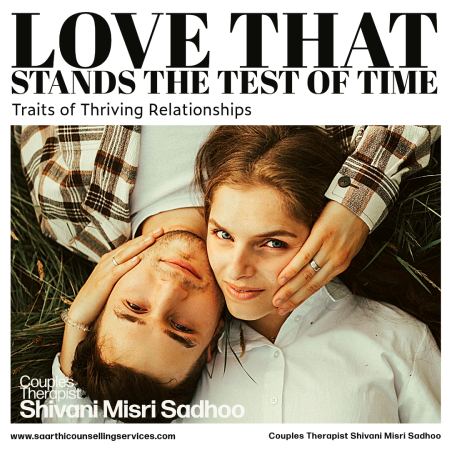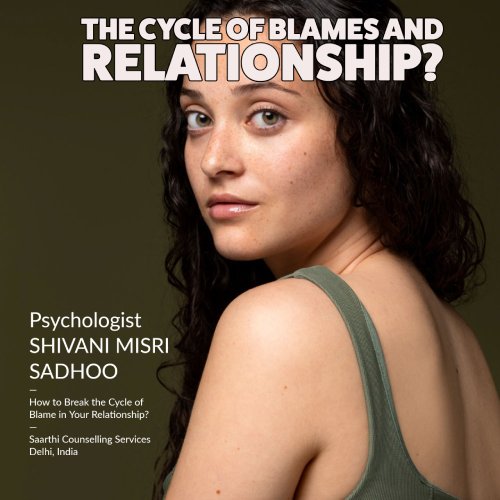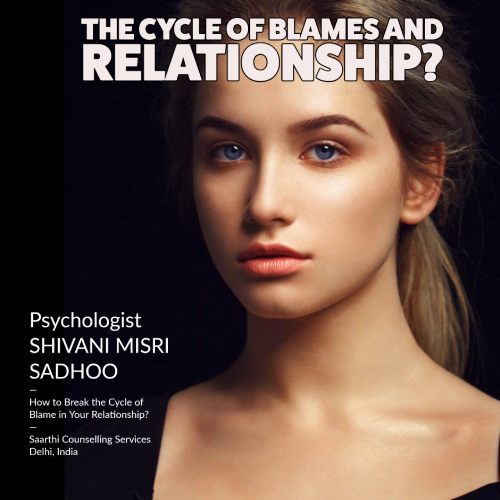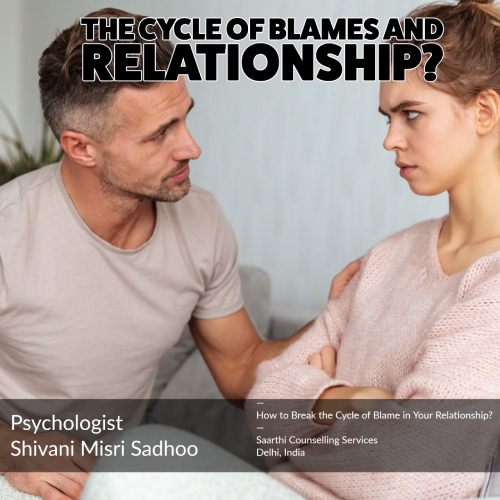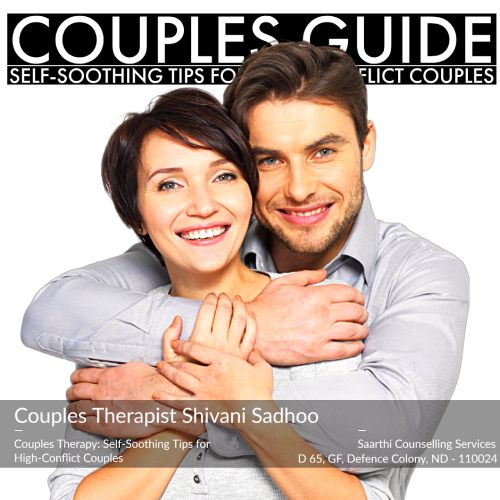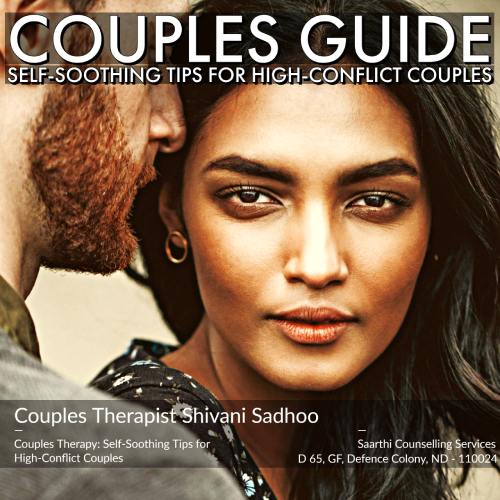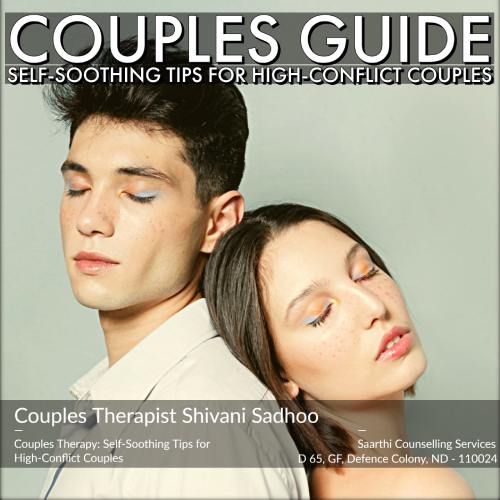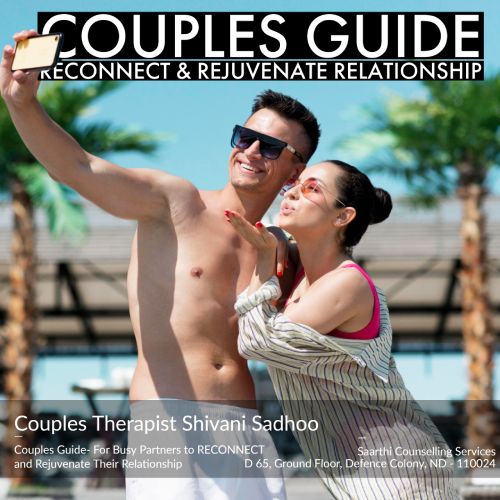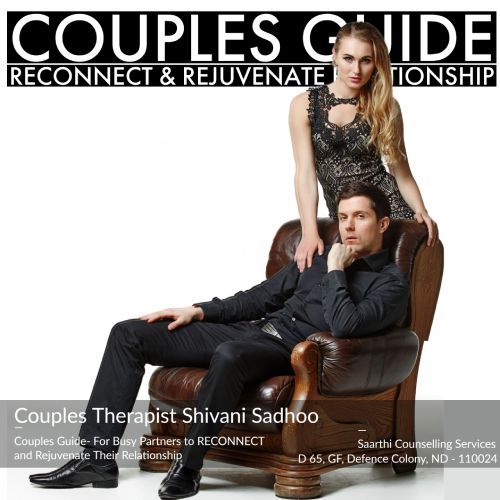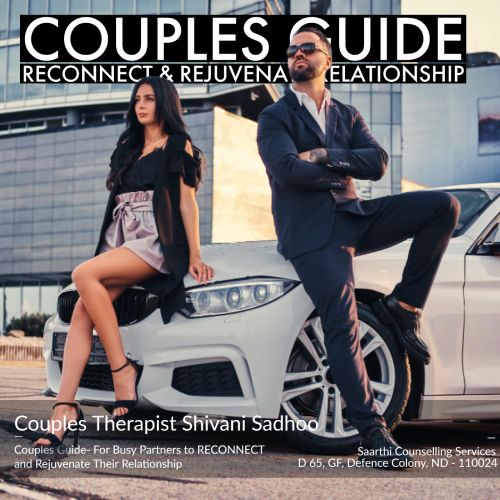How would you feel when you accidentally find out that your husband, whom you love dearly, is cheating on you? Once the initial shock wears off, you may find yourself cycling through various emotions, much like the stages of grief. Initially, there’s disbelief and perhaps a reluctance to accept the reality of the betrayal. Then, as the truth sinks in, pain and anger may set in.
But why do people cheat?
From a lack of attention or affection to deep-seated insecurities, the motivations for infidelity are myriad. It’s not just about physical transgressions; emotional betrayals cut just as deep. While men may reel more from physical infidelity, women often place a high value on emotional fidelity. So, what would you do in such circumstances? Should you forgive him or ignore it completely and let bygones be bygones?
How do you deal with your cheating husband?
India’s top marriage counselor, Shivani Misri Sadhoo answers your question in this article.
Verify The Facts First
First things first. Before jumping to conclusions, it’s crucial to gather solid evidence if you suspect your husband is cheating. Your gut feeling might be telling you something’s off, but you can’t accuse him without proof.
Take time to investigate: Is it innocent chatting or something more? Could it be work-related? Figure out the nature of his relationship with the other person. Look for concrete evidence like messages or meeting details before confronting him. Confirm your suspicions before taking action because wrongly accusing him can harm your relationship trust. It’s better to be sure than sorry.
Try and find out the reason
Once you’ve gathered the facts, exploring the real reason behind your husband’s infidelity is essential. It might be tough to ask and even tougher to hear, but understanding the root cause can be pivotal in moving forward.
It could unveil hidden relationship issues needing attention or reveal feelings of neglect or dissatisfaction. An open and honest conversation about infidelity’s catalyst can offer clarity and aid in both of your healing processes. Keep an open mind during this discussion to prevent your husband from shutting down or merely telling you what you want to hear.
Consider Your Feelings
When you discover your partner’s unfaithfulness, it’s important to prioritize your emotional well-being. Consider whether you feel comfortable sharing a living space with them as you process this betrayal. It’s okay to need space to think things through. If necessary, arrange for separate sleeping arrangements to give each other room to reflect. Take time to acknowledge and mourn the loss of trust in the relationship. Creating a safe environment to process these emotions is vital for your healing journey.
Don’t Look Back
There is no point in endlessly replaying conversations or questioning every detail when dealing with a cheating spouse. It’s natural to feel betrayed and wonder about what else may have been hidden, but dwelling on the past only leads to negativity and mistrust. Instead, focus on moving forward and healing, looking towards the future rather than getting stuck in hypotheticals. By working through the stages of healing and eventually forgiving both your partner and yourself, you can find peace and rebuild trust in your relationship.
Don’t involve the children
It is not wise to discuss your husband’s infidelity with your children. While it may seem tempting to seek revenge by exposing his actions, it can deeply affect your kids. They might not understand the complexity of the situation and could be scarred emotionally. Involving them could also make them feel scared and insecure about the stability of their family.
It’s important to shield them from this pain and turmoil. Keep things as normal as possible at home and refrain from involving extended family to avoid gossip and division. Instead of seeking revenge, focus on your own healing and well-being, for the sake of your children’s happiness and security.
It is quite clear from these steps that addressing infidelity in a relationship requires patience, understanding, and prioritizing emotional well-being. By verifying facts, exploring reasons, focusing on healing, and protecting children, couples can navigate this challenging journey with empathy and grace. If needed, seek support from a relationship counsellor or psychologist for guidance and resolution in processing and healing from infidelity.


